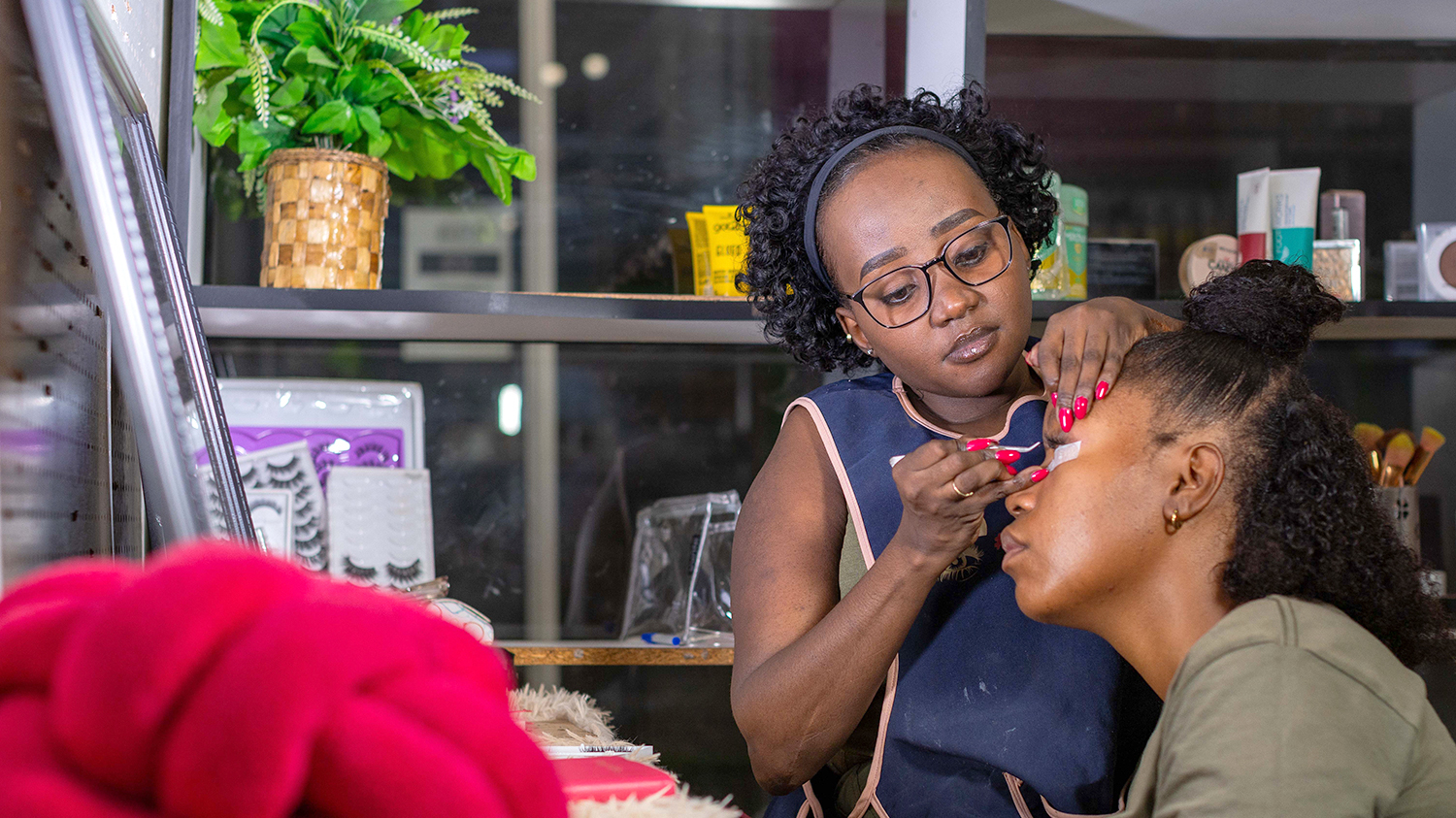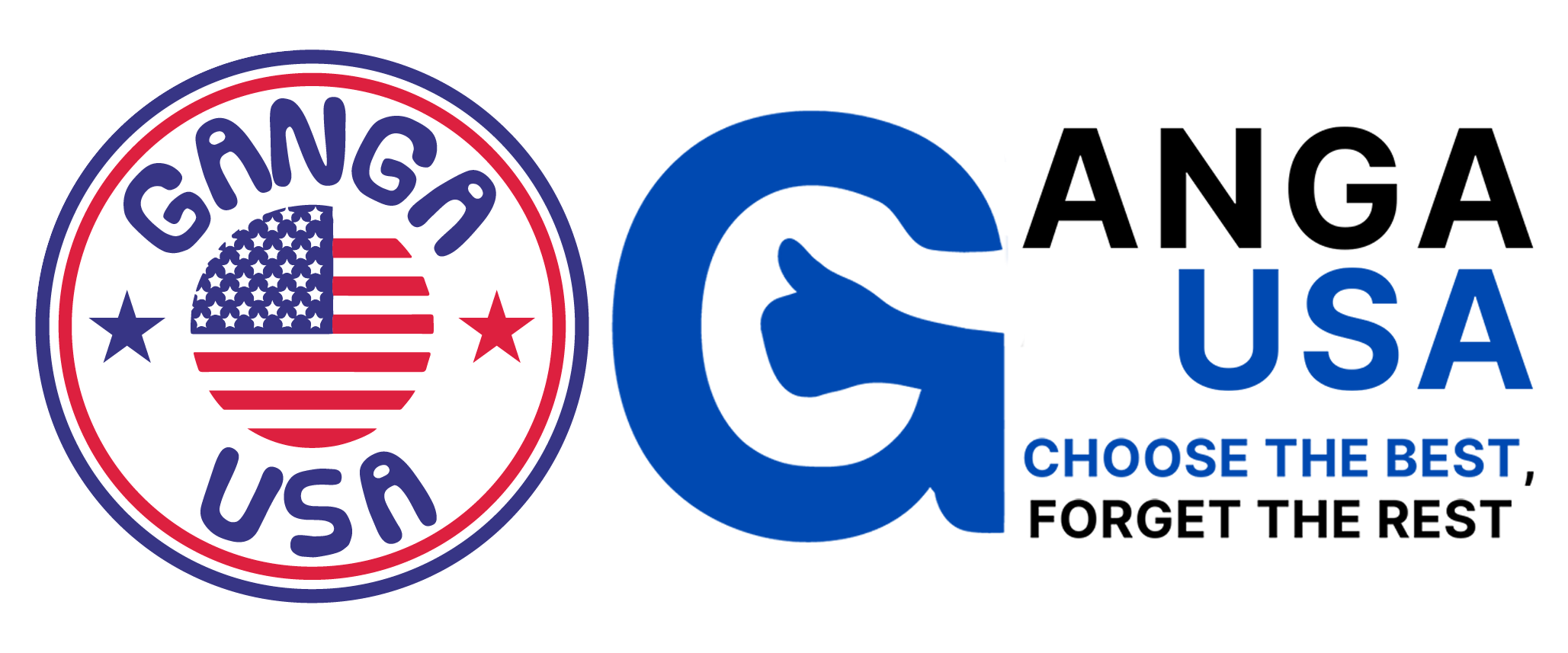

Barriers that women with disabilities can face
Family support can be a challenge
Young women with disabilities in northern Uganda and western Kenya report that family and community perceptions towards them affect their ability to obtain skills successfully, get a job or direct a business. Families can perceive that educating a woman is a waste of resources (since the reproductive and care role of women is prioritized). In addition, women with disabilities can be considered less capable due to their disability. This can mean that families and communities are not inclined to support their efforts to seek economic opportunities.
Negative perceptions undermine trust and opportunities
Women with disabilities often internalize social narratives that undermine their trust. Children with disabilities grow in families, communities and institutions where they can be treated differently and have their minimized skills. Experimenting these harmful narratives often leads to a sense distorted itself, causing low self -esteem and low trust.
The navigation of salary employment spaces can be incredibly difficult for women with disabilities, regardless of the level of skills or education. Employers have prejudices that prevent them from hiring qualified candidates with disabilities.
In Pakistan, a woman with a disability who lives in a large industrial city shared with us that he did not have a job five years after the university’s graduation: “I have a master’s degree in philosophy, but finding a job has been incredibly difficult for me. Every time I go to interviews, the recruiters reject me for my disability. «
Disability stigma affects commercial opportunities
Women with disabilities are highly entrepreneurs. Many of the little and microbusinesses backed in sightsavers economic empowerment programs are property and administered by women with disabilities. There is incredible potential for these companies to expand and create employment while raising people with disabilities and their families out of poverty.
But the potential of these businesses to grow and climb is often suffocated by the forces and stigma of the market in financial communities and institutions. The limited property of significant assets, bad commercial practices and negative perception towards the risk levels of businesswomen with disabilities limit access to the support of commercial development and financial products that are crucial for the growth of their companies.
The property of assets can be limited
Within their homes, women with disabilities often have limited control over assets that matter to financial institutions such as livestock, land and houses. Women often control household items, such as dishes and furniture, that financial institutions do not consider valuable.






